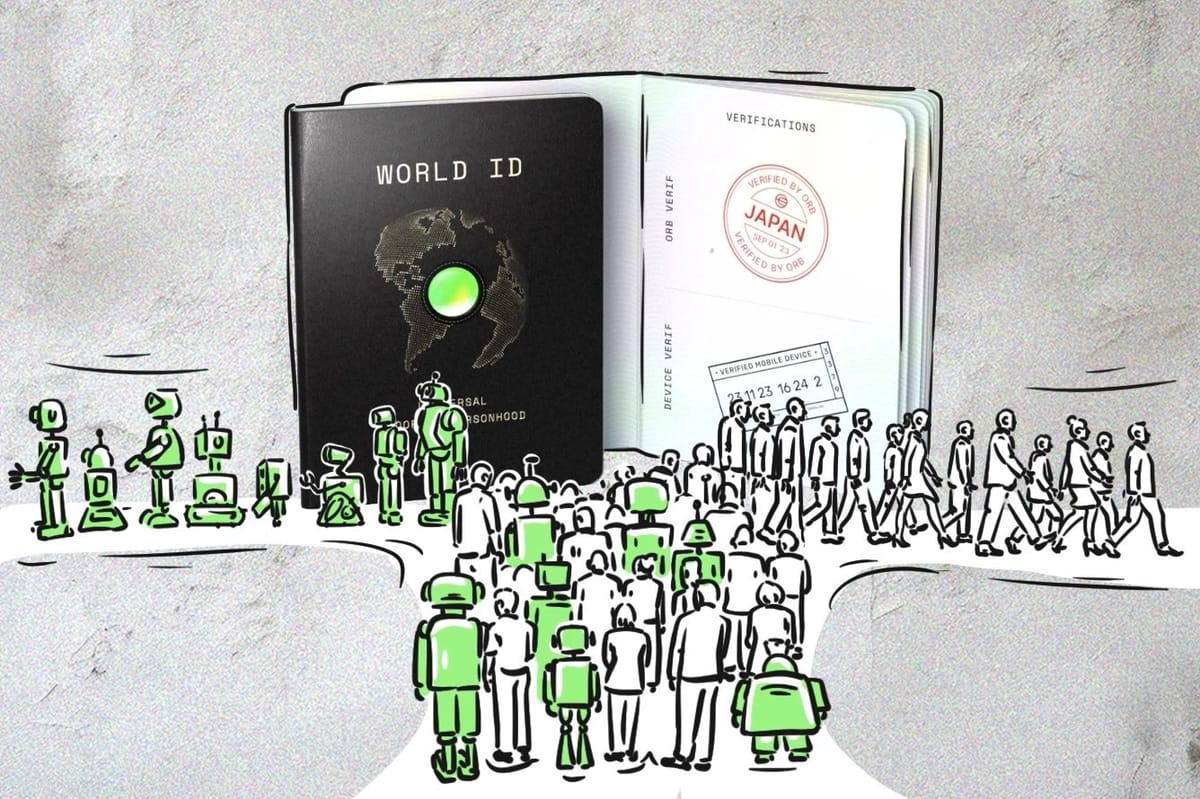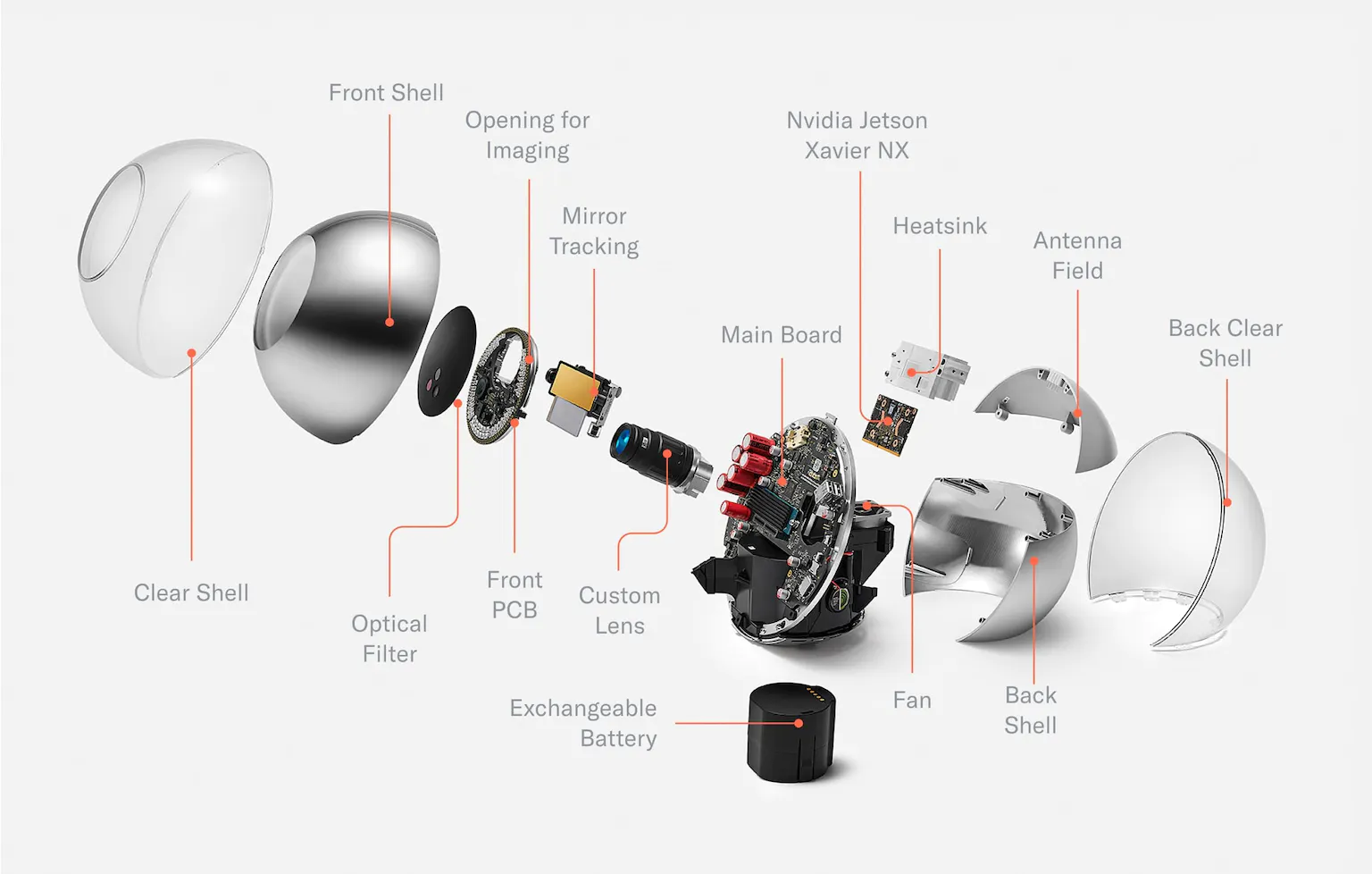
Ealier this week, artificial intelligence company OpenAI introduced a new AI model called Sora which can reportedly create absolutely realistic videos from text prompts. While still currently in testing mode and only accessible to staff, the new functionality has already ignited a new wave of excitement (and concern) for the future of AI.
The crypto world has reacted with immediate rallies of AI-related project tokens. Worldcoin, the digital ID startup co-founded by OpenAI head Sam Altman, has seen its tokens jump the highest, skyrocketing nearly 70% in the 3 days following the announcement.

Dubbed the "humanity passport", Sam Altman's Worldcoin promises to combat two of the problems humanity faces with the increasing prevalence of AI: sybil (pseudo-identity) attacks and the dissemination of realistic-looking and sounding AI-generated content. The project sees the solution in distributing a biometrically verified World ID that will be unique and available only to humans.
To this end the project has been scanning human irises worldwide with special devices (called Orbs) and producing zero-knowledge proofs of these scans. Announced back in 2021 and officially launched in July 2023, it has over 3.3 million sign-ups across 120 countries so far.

In October 2023, the project tweaked its tokenomics, in an attempt to overcome some of its existential challenges (such as a lack of utility for end users). Last month, Worldcoin awarded Community Grants to 28 projects, including those planning to make the World ID protocol more transparent, secure and accessible, and those working on improving the existing orb infrastructure and alternative orb assembly.
The project was met with intense criticism at launch due to its excessive centralization and has faced multiple legal investigations concerning personal data privacy. Last August, Kenya, which was originally a big market for the scheme, even suspended Worldcoin's activities in the country. In December, it was reported that Worldcoin had also paused iris scanning in India, and in January, Hong Kong’s Office of the Privacy Commissioner for Personal Data also announced an investigation, searching six premises controlled by Worldcoin in the country.
However, Worldcoin has more recently been adopted for genuine real world use cases. Earlier this month Web3 Esports tournament platform Community Gaming announced a strategic partnership with Tools for Humanity, the company behind Worldcoin's 'Orb' iris scanners.
The partnership aims to provide a higher level of security for selected tournaments facilitated by CG by integrating World ID verification. The optional feature will help the tournament organizers to check that participants are unique and human players by requesting verification at the stage of registration and tackle multi-accounting, when players sign up with more than one account in order to gain an advantage in the competition.
Select Tournament Organizers will be able to add a new level of security to tournaments, making sure that every battle is fair and every victory is earned. This feature will also be optional and seamless to use, so we anticipate a very smooth integration pic.twitter.com/J9feqY8j4P
— Community Gaming (@CommunityGaming) February 8, 2024
The latest version of the Worldcoin digital ID, World ID 2.0, was launched in December. It allows more integrations, enabling users to sign in to third-party apps (including Minecraft, Shopify and Telegram), and adds three progressive tiers of identity verification. The ‘lite’ level that Community Gaming will use requires only verification with a trusted mobile device without first visiting an Orb retina-scanning sphere.

